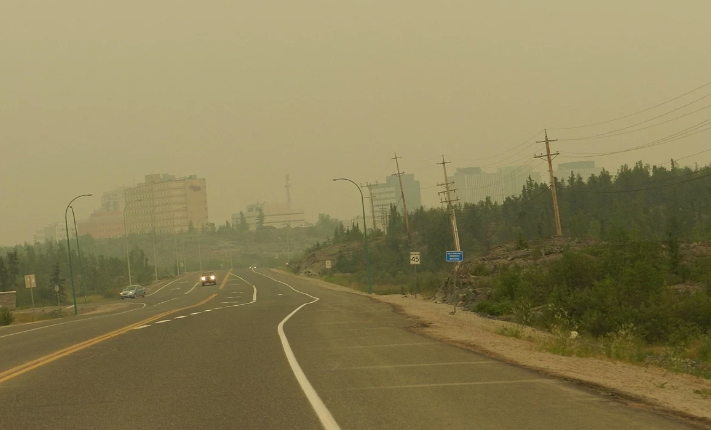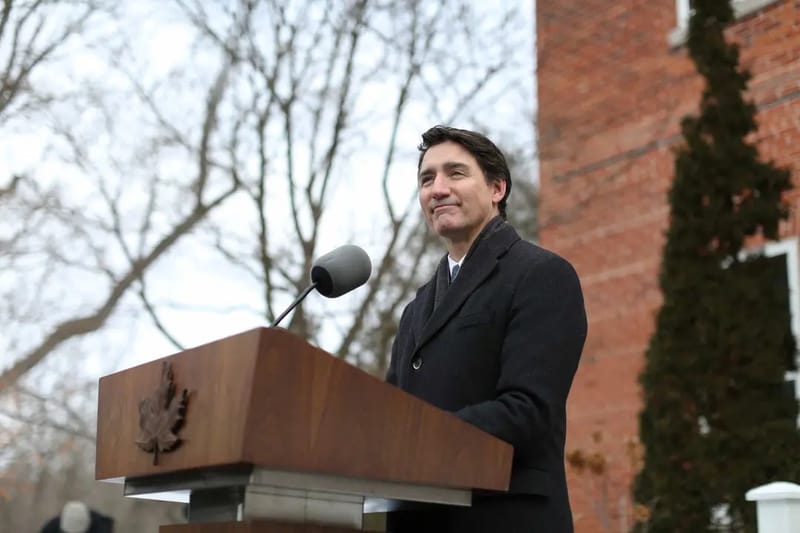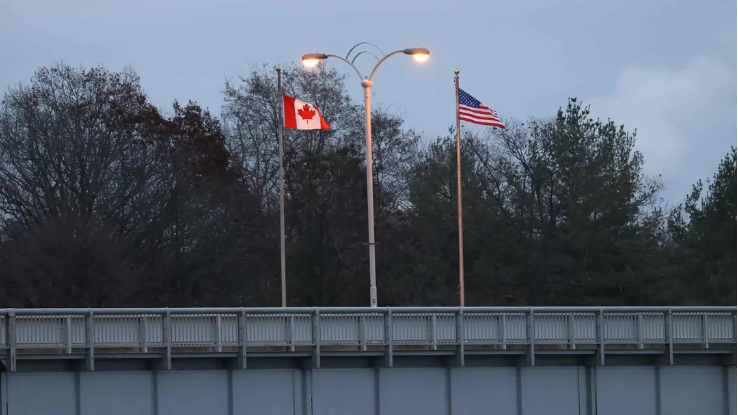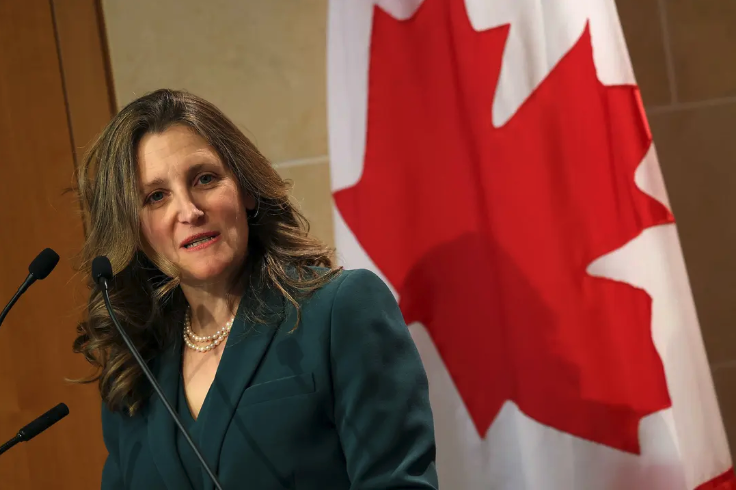Canada: Wildfires Spark Evacuations in NW Territories
On Wednesday, residents of Yellowknife, the capital city of Canada's Northwest Territories, were given until noon on Friday to evacuate as a wildfire approaches the city. At the time of the order, the fire was 10 miles (16KM) outside of the city and expected to breach the city limits by the weekend.

Facts
- On Wednesday, residents of Yellowknife, the capital city of Canada's Northwest Territories, were given until noon on Friday to evacuate as a wildfire approaches the city. At the time of the order, the fire was 10 miles (16KM) outside of the city and expected to breach the city limits by the weekend.1
- In addition to the 20k residents of Yellowknife, the 3k residents of Hay River were swiftly evacuated by bus to escape a rapidly moving wildfire engulfing the area Wednesday night.2
- Prior to Wednesday's evacuation orders, 6.8K residents, or roughly 15% of the area's population, had already been evacuated. More than 200 fires have scorched the Northwest Territories, limiting visibility, closing highways, and shuttering evacuation routes.3
- In a Facebook post, Northwest Territories Fire said, "Crews that were in the path of the fire are pulling off for their own safety and are re-positioning to assist in other areas." The agency also announced that support had been requested from the province of Alberta to stop the spread of the fire, hoping to return when conditions allow.4
- Evacuees were urged to drive south to Alberta following assigned escorts. On Thursday, commercial airlines and the Royal Canadian Air Force were set to begin evacuating residents by air with one carry-on bag permitted, with the housing arrangements awaiting them in Alberta unclear.5
- As of Wednesday, more than 8,108 miles of the Canadian landscape have burned in a record year for wildfires. Currently, there are more than 1k active fires burning.6
Sources: 1BBC News, 2Reuters, 3NPR Online News, 4CNN, 5The New York Times, and 6Associated Press.
Narratives
- Establishment-critical narrative, as provided by Washington Examiner. As wildfires ravage Canada and smother the US with smoke, Canadian Prime Minister Justin Trudeau continues to point the finger at climate change. The warming planet is certainly one of the culprits but not the only entity at fault here. Those suffering under the weight of this wildfire season cannot let Canada escape its responsibility and culpability in its lack of planning, prevention, management, and mitigation. They must own their failures if there is any hope for improvement for future fire seasons.
- Pro-establishment narrative, as provided by School of Human Nutrition. Canada is witnessing an unprecedented fire season and the impacts are far-reaching. Historically, the nation has been largely reactive to wildfires, suppressing them on a case-by-case basis with no holistic approach to wildfire and forest land management. More recently, however, there has been a shift in policy to increase fire specializations, improve and increase communications and warning systems, and management plans for firefighting by air. While this shift is positive, it will take time for the programs to grow and be effective.






